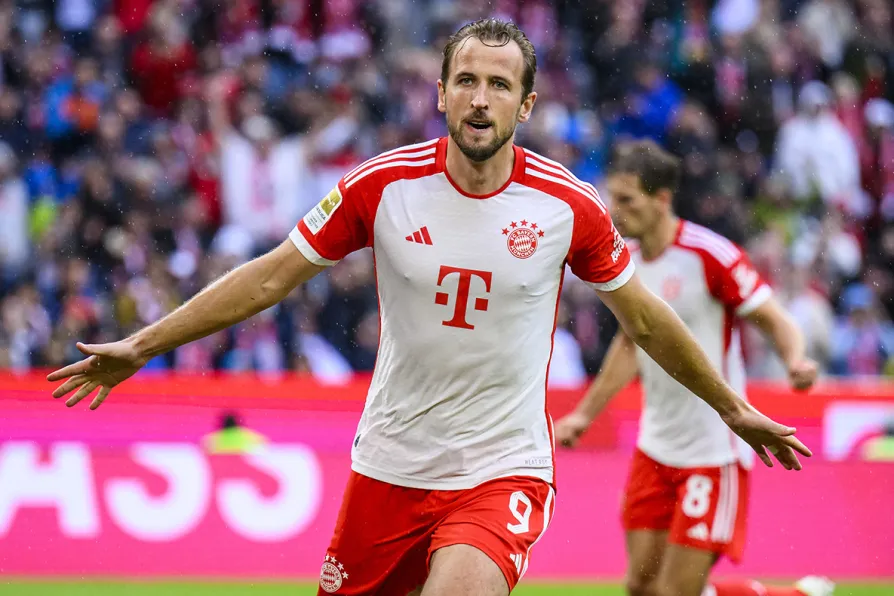
 Bayern Munich's Harry Kane celebrates scoring their side's second goal of the game from the penalty spot during the Bundesliga match at the Allianz Arena in Munich, Germany, August 27, 2023
Bayern Munich's Harry Kane celebrates scoring their side's second goal of the game from the penalty spot during the Bundesliga match at the Allianz Arena in Munich, Germany, August 27, 2023
EARLIER this month Fifa released its latest International Transfer Snapshot, revealing record levels of transfer spending of $7.36 billion (£5.9bn) in men’s football this summer.
The huge amounts of money spent on transfers, and by extension agents' fees, which accounted for 9.5 per cent of the total transfer spend during this period, raises questions about how clubs are run and how football’s culture of transfers is spiralling out of control.
The report covers the 2023 mid-year transfer period from June 1 to September 1, which includes European and English football’s summer transfer window.

With climate change, commercial overload and endless fixtures, footballers are being pushed to breaking point. It’s time their unions became a more powerful, unified force, writes JAMES NALTON













